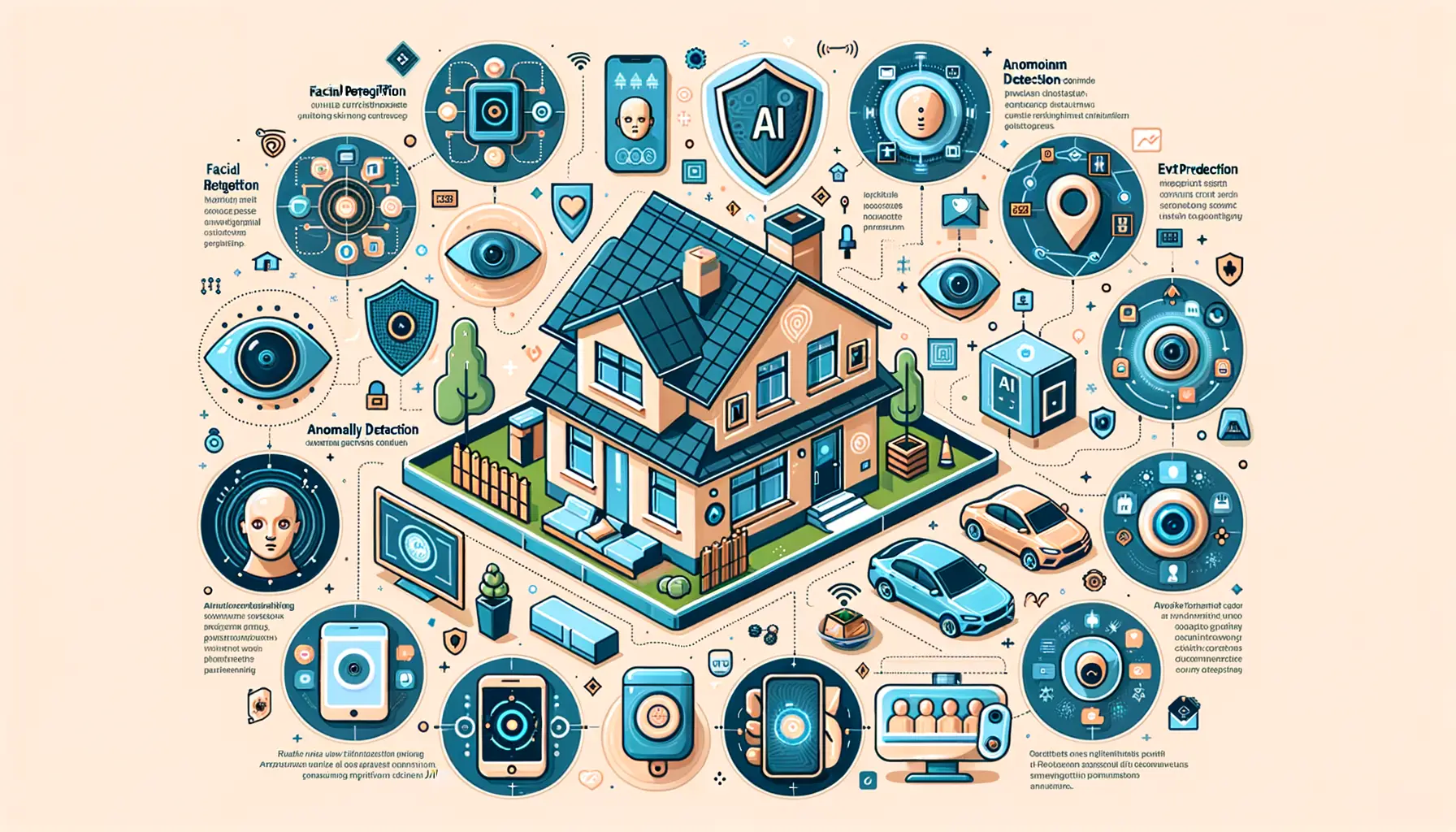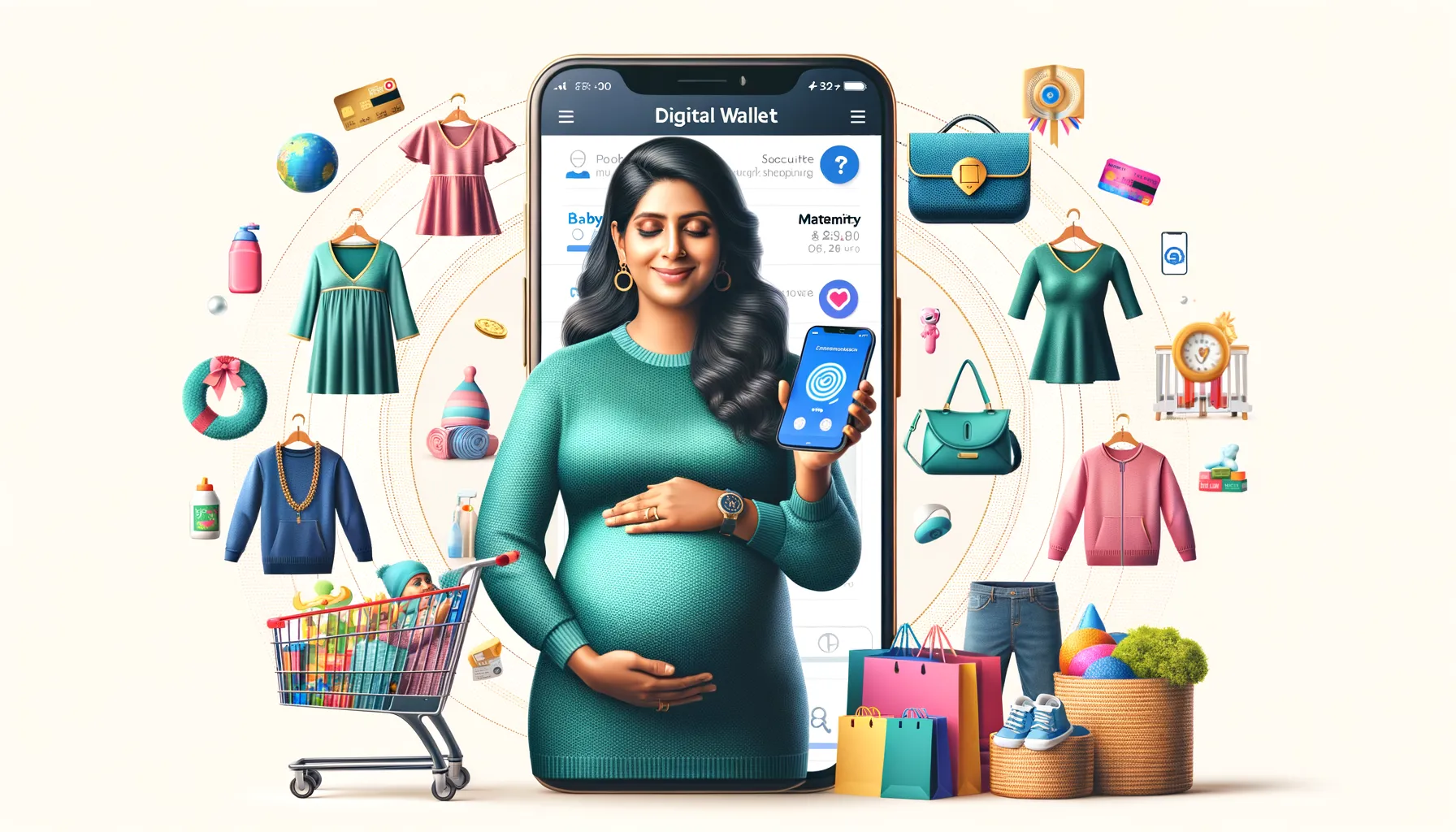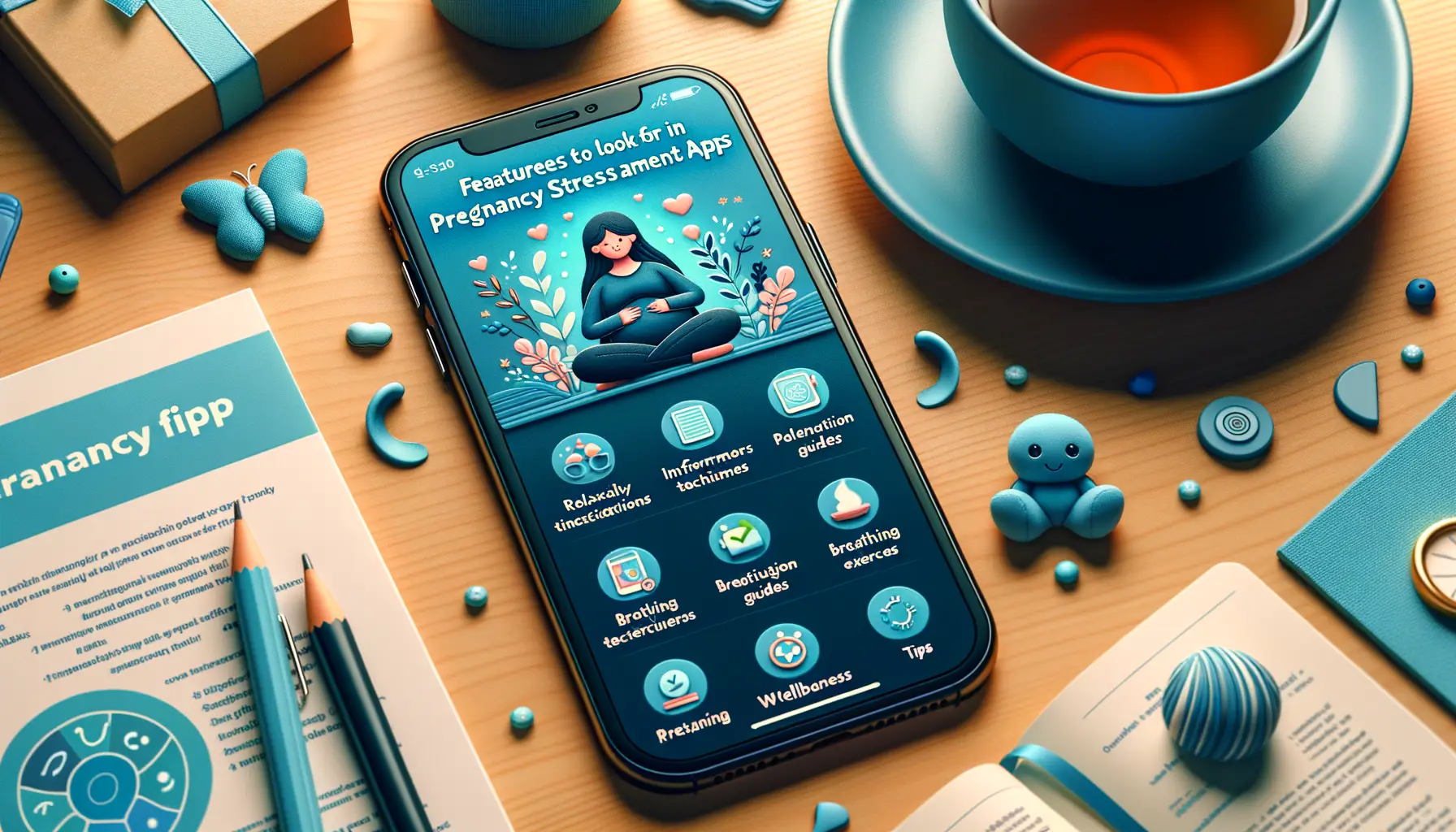Introduction to AI in Fetal Health Monitoring
The world of fetal health monitoring is experiencing a seismic shift, and at its heart lies an extraordinary force: Artificial Intelligence (AI). Picture this—a careful, invisible guardian working tirelessly behind the scenes to decode signals, recognize patterns, and offer insights that were once only possible through clinical visits. This is no longer science fiction; it’s your reality.
The Revolution of AI in Maternal-Fetal Connection
Imagine you’re an expectant parent, holding a portable device that captures your baby’s heartbeat or monitors movements in real-time. With AI algorithms humming inside, this technology instantly assesses data, identifies irregularities, and provides actionable feedback. No more waiting for days to see a doctor over concerns—you get peace of mind, on demand.
What makes this revolutionary is how AI transforms raw numbers into life-saving insights. It doesn’t just tell you what’s happening—it predicts what could be next, like those life-saving assistants in medical dramas we all binge-watch. From spotting early signs of complications to offering simple reassurance, AI takes the guesswork out of fetal monitoring.
What Sets AI Apart in Fetal Tracking?
Here’s why AI is stealing the stage:
- Real-time analysis: Immediate results instead of endless waiting.
- Accessibility: A bridge between healthcare professionals and every home.
- Personalization: Tailored alerts based on individual pregnancies.
This isn’t just technology; it’s a lifeline, custom-built for the exact needs of you and your little one. What better guardian for the tiniest yet most precious heartbeat?
Key Features and Benefits of AI for At-Home Monitoring

Revolutionizing How Parents Monitor Fetal Health
Imagine having a personal health assistant, one that tirelessly listens, tracks, and analyzes your baby’s well-being without ever missing a beat. That’s exactly what AI technology delivers for at-home fetal monitoring. Gone are the days of relying solely on scheduled doctor visits or manual kick counts—you now have a vigilant helper in your pocket or on your bedside table.
With AI-powered apps and devices, your baby’s movements, heart rate patterns, and even sleep cycles can be monitored in real-time. Smart algorithms take raw data and transform it into actionable insights. For example, if there’s an unusual dip in heart rate or a lower-than-normal movement count, alerts will nudge you to take action immediately. It’s like having your doctor gently whispering advice into your ear at home, 24/7.
- Real-time Alerts: Never second-guess if that flutter is normal—AI keeps you informed immediately.
- Custom Insights: Personalized reports based on your pregnancy journey, not generic stats.
- Non-Invasive Monitoring: No wires, no stress—track comfortably from wherever you are.
A New Level of Peace of Mind for Expecting Parents
Picture this: you’re enjoying a quiet evening, and instead of worrying about whether your baby’s okay, you relax, knowing your AI tool is quietly working in the background. These systems aren’t just about data—they’re about empowerment. Knowing what’s going on inside your body brings a sense of calm that’s simply priceless.
What’s more, modern AI tools integrate seamlessly with other devices and health apps. They can sync with your smartwatch to log daily activity or connect with virtual healthcare platforms. This means your care team can review data remotely and stay looped in with the tiniest details of your pregnancy. It’s high-tech meeting high-touch care, all designed to ensure your growing little one thrives.
Types of AI Tools Used in Fetal Health Tracking
![]()
Smart Algorithms for Personalized Monitoring
When it comes to tracking fetal health, some AI tools feel like having a personal assistant whispering insights right into your ear. These clever systems analyze data from wearable devices, like heart rate monitors or smart ultrasounds, to provide real-time updates tailored just for you. Imagine this: you’re wearing a non-intrusive patch on your belly, and an algorithm is working round the clock, ensuring that tiny heartbeat is dancing to a healthy rhythm.
One standout example? Machine learning algorithms that identify patterns in fetal movement or detect anomalies before they become an issue. They’re trained on thousands—sometimes millions—of similar cases, so they “know” what’s normal and what needs a closer look. It’s like having a team of specialists right in your pocket!
- Neural networks that predict risks based on maternal history and live data.
- Apps powered by NLP (Natural Language Processing), turning complicated medical terms into simple advice.
Visual Tools That Revolutionize Insights
Let’s talk about vision—AI’s ability to “see” things we can’t. Advanced computer vision tools now analyze ultrasound images with a precision no human eye could match. These tools do more than highlight problem areas; they offer clear visuals and explanations for parents who might not understand what they’re looking at.
For instance, you could scan an image, and instead of technical jargon, hear something like, “The baby’s position looks great, but here’s what to watch for.” These tools aren’t just practical—they’re empowering. They make you feel part of the process, not just a passive observer.
Challenges and Solutions in Implementing AI-Based Systems

Pitfalls on the Path to AI Transformation
The dream of effortlessly monitoring fetal health at home with the aid of AI-powered systems can feel tantalizingly close. But let’s face it—every innovation comes with its share of bumps in the road. One of the biggest hurdles? Accessibility. While some families live in tech-friendly environments, others may struggle with a lack of high-speed internet or compatible devices. Picture a family in a rural area where even basic tech isn’t always reliable. How do these systems work for them?
Another challenge lies in making the technology user-friendly. Complex interfaces can send even the most determined parents into a spiral of frustration. Imagine trying to navigate a smartphone app filled with jargon while juggling daily life and pregnancy—it’s enough to make anyone give up!
Data privacy concerns also loom large. With sensitive health data being transmitted to the cloud, parents often wonder, “Is my baby’s information safe?” Gaining their trust is non-negotiable.
- Designing offline-friendly features for areas with unreliable connectivity
- Creating intuitive, parent-centered interfaces that fit seamlessly into busy lives
- Implementing robust encryption and transparent data policies to build confidence
The Human Touch in Tech Adoption
What good is technology if it feels cold and disconnected from real human experiences? AI adoption often falters not because of inadequate tech, but because people don’t feel empowered to use it. Training programs and personal support channels are essential here. Think online tutorials, live chat options, and even AI systems that “speak” with empathy: “Hey, I noticed you haven’t used the fetal doppler today. Would you like some tips?”
Moreover, healthcare providers need to be on board. Doctors and midwives often act as the bridge between complex tech and the parenting community. When they vouch for an AI system, trust grows naturally. Let’s not forget that even the greatest tools are only as good as the human hands guiding them.
Future Trends in AI and Fetal Health Monitoring

The Role of Predictive Analytics in Tomorrow’s Fetal Health Monitoring
Imagine a world where your baby’s health whispers secrets to you before issues even arise. That’s the magic of tomorrow’s AI-driven systems. Predictive analytics, powered by cutting-edge algorithms, is poised to revolutionize at-home fetal monitoring. No more vague interpretations or guesswork—AI will analyze patterns in heartbeat rhythms, movements, and even oxygen levels, alerting parents to potential risks before they grow into complications.
Think about it: what if your AI-powered device could learn your baby’s unique rhythm, just like a mother knows the sound of her child’s giggle? These systems will not only flag unusual patterns but also suggest practical steps—like adjusting your sleeping position or scheduling a medical check-in.
- Continuous fetal growth tracking: AI tools will compare growth rates against global benchmarks in real time, ensuring no delays in development go unnoticed.
- Personalized alerts: Forget the one-size-fits-all approach. Future devices will send tailored advice based on your health history, fetal patterns, and lifestyle.
Wearable Wonders and Smart Integration
Get ready for wearable tech that doesn’t just sit on your wrist—it wraps around your life. Advanced smart sensors in items like belly bands and even clothing will discreetly monitor every flutter and hiccup. With seamless integration into your phone or smart home system, these tools will feel as natural as putting on a favorite sweater.
Picture this: your AI sends a gentle nudge to your smartwatch—“Time for a hydration break, your little one needs it!” Or maybe it connects with your voice assistant to dim the lights and play soft lullabies when it detects late-night restlessness. AI won’t just be about monitoring; it’ll be about creating an ecosystem of care tailored specifically to you and your baby.




